As per World Economic Forum, Brazil generates around 11.3 million tons of plastic, thus being the fourth country in the world that pollutes the most in this aspect, following the US, China and India. While experts say that 10.3 million tons are being collected, only 145.000 tons are being recycled properly, one of the lowest rates in the entire world, at 1.28% compared to the average of 9%.
This means that 7.7 million tons reach landfills, while 2.4 million tons are discarded randomly, without any kind of treatment whatsoever.
Plastic pollution negatively affects the environment in all of its forms, the land, the seas, the air or freshwater supplies. Burning plastic waste is not a solution either, since dangerous chemicals are being released in the process, such as nitrogen dioxide and sulfur dioxide.
Every year around the world we're throwing 35 billion plastic bottles, resulting in the release of 1 billion liters of residual oil. Experts say that one liter of oil is enough to contaminate one million liters of water.
In Brazil, at Eco Panplas, the team uses a special process to decontaminate and degrease the plastic before it is being recycled, without the use of water. Through the special technical solution, which was developed over the course of six years, residual oil can be recovered and recycled itself, eliminating the risk it can pose to the environment. The plastic itself can also be recycled easier and at a higher quality and the resulted plastic material ban be 10% cheaper compared to existing prices on the market.
The team of experts at Eco Panplas plan to extend the production capacity nation-wide in Brazil and through licensing, enabling the technology to be available worldwide for as many markets as possible.
 Mihai - Cristian Ioniță
Mihai - Cristian Ioniță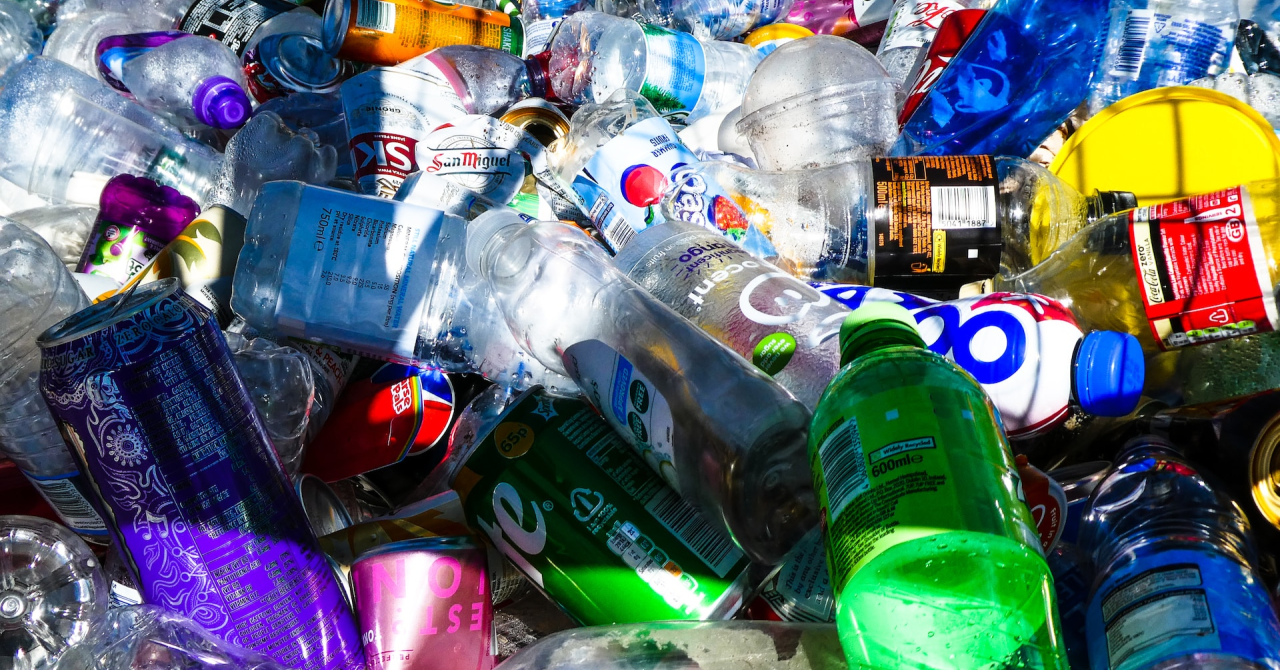

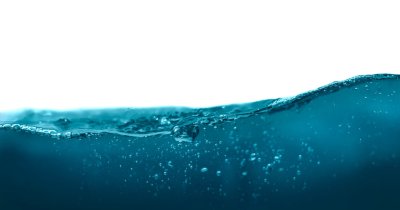

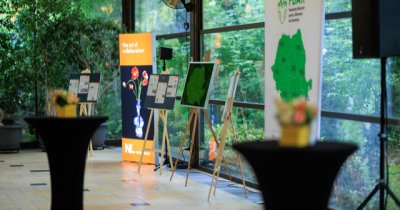
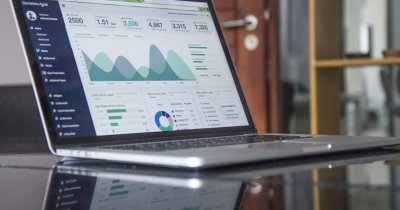
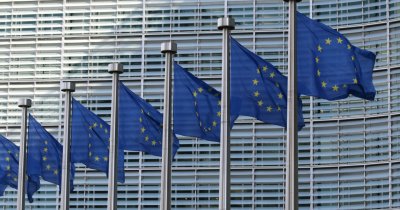
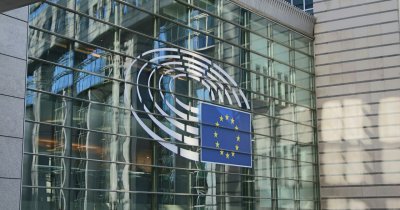





Any thoughts?